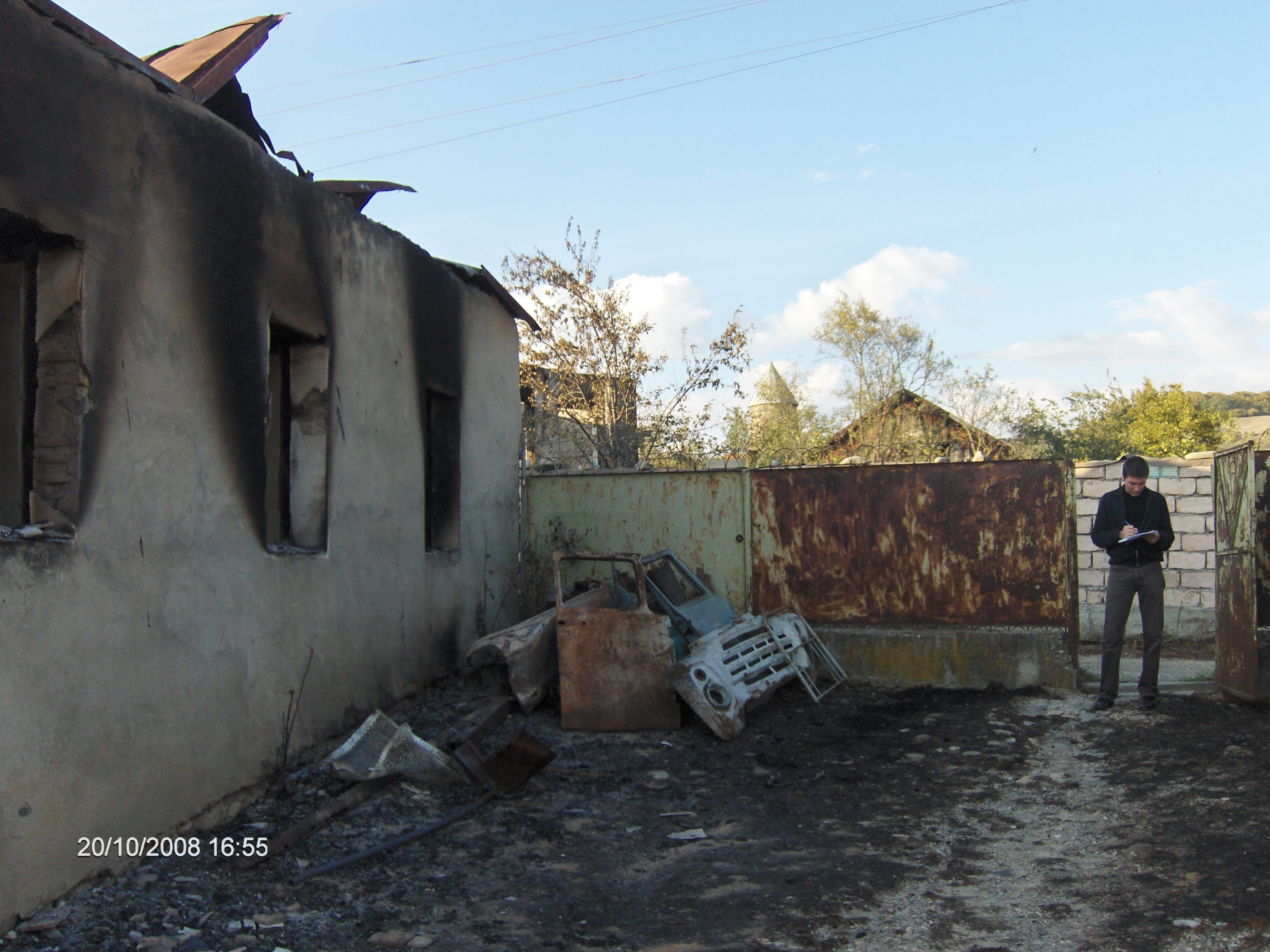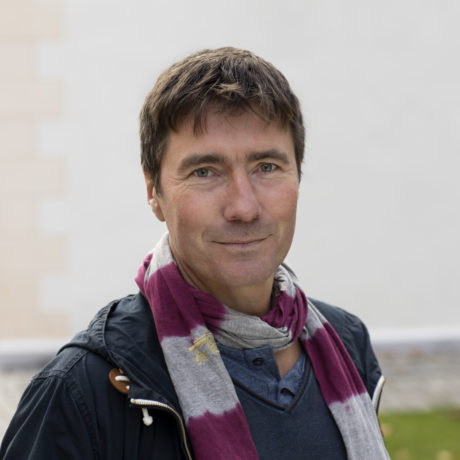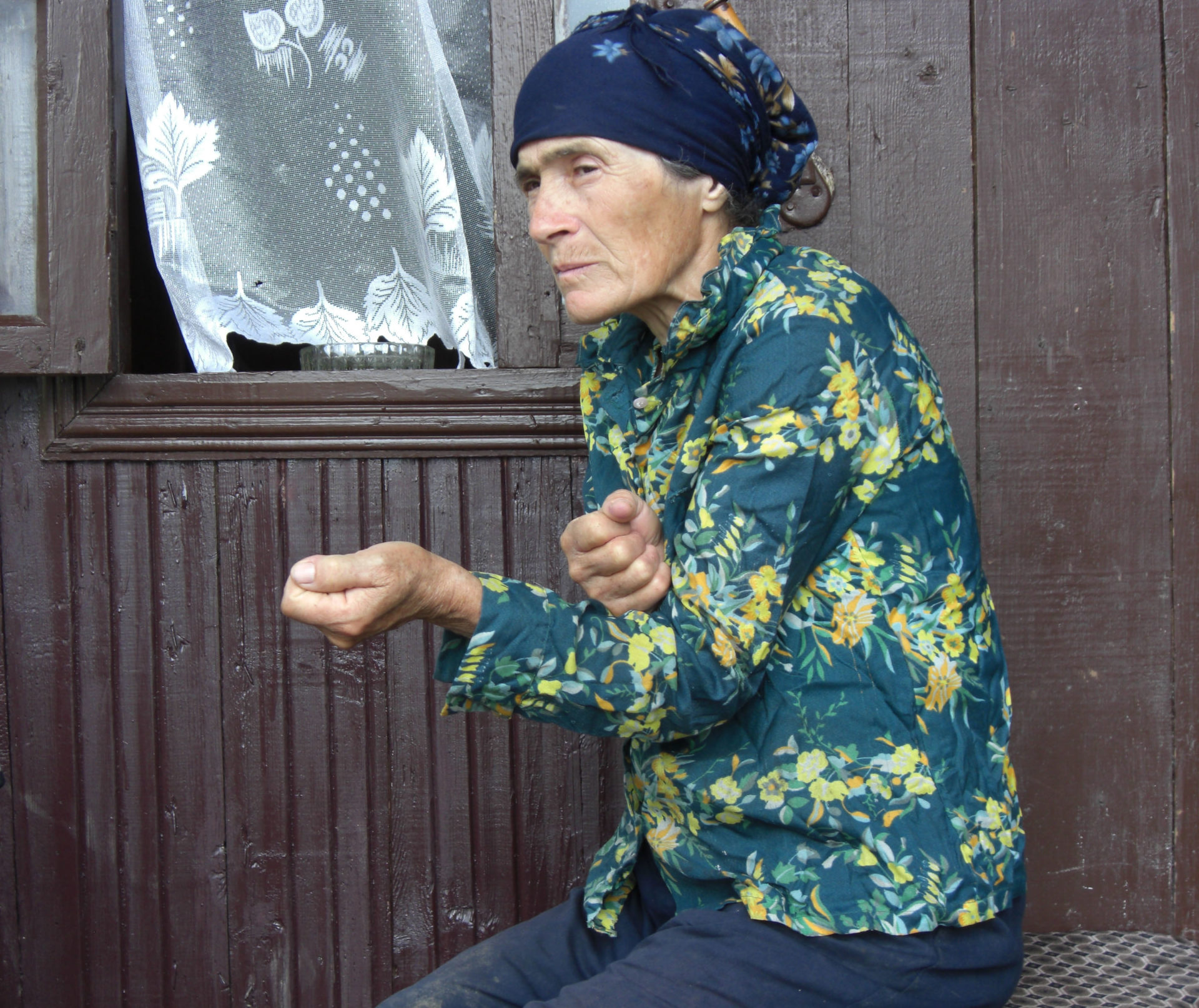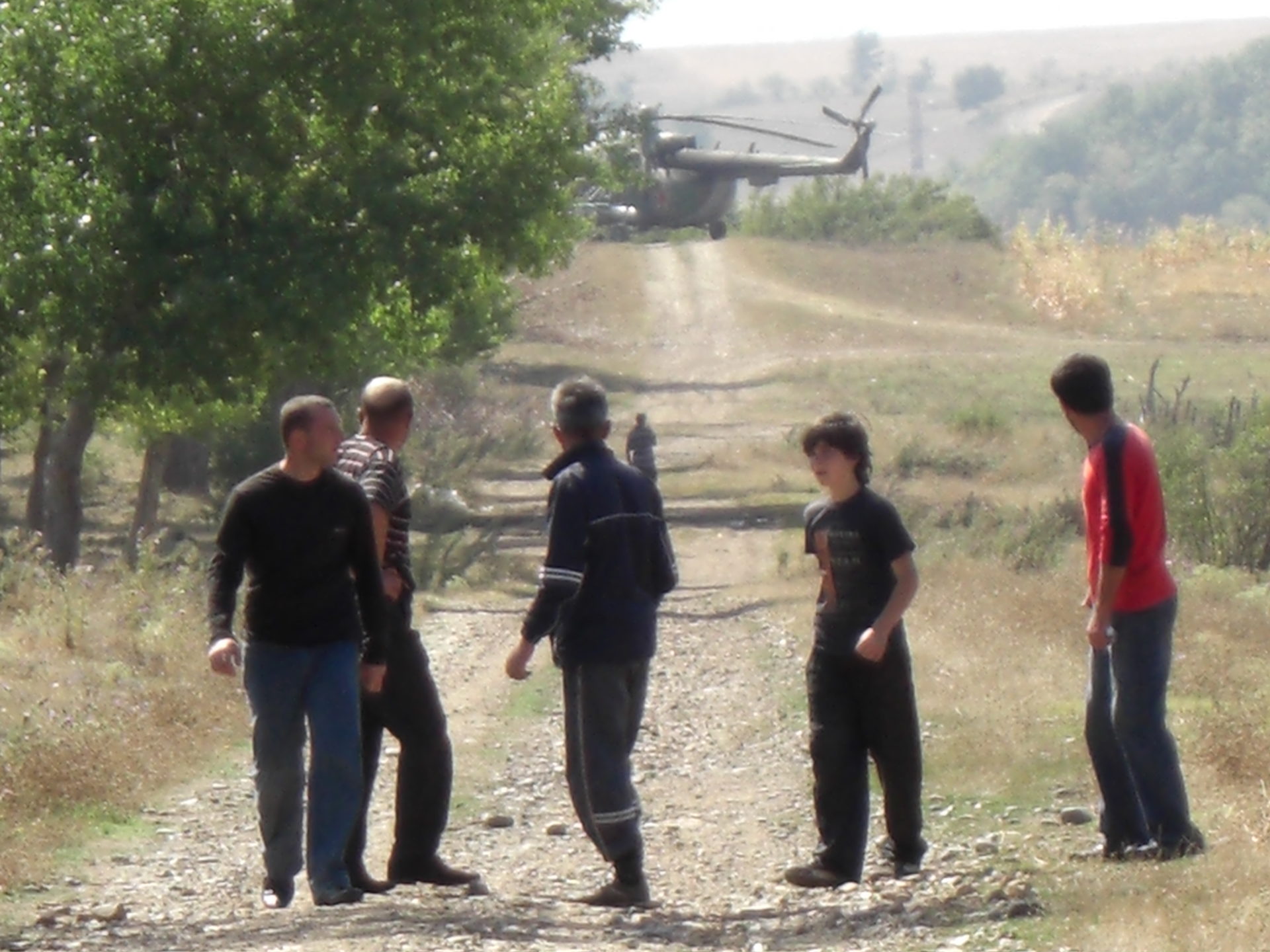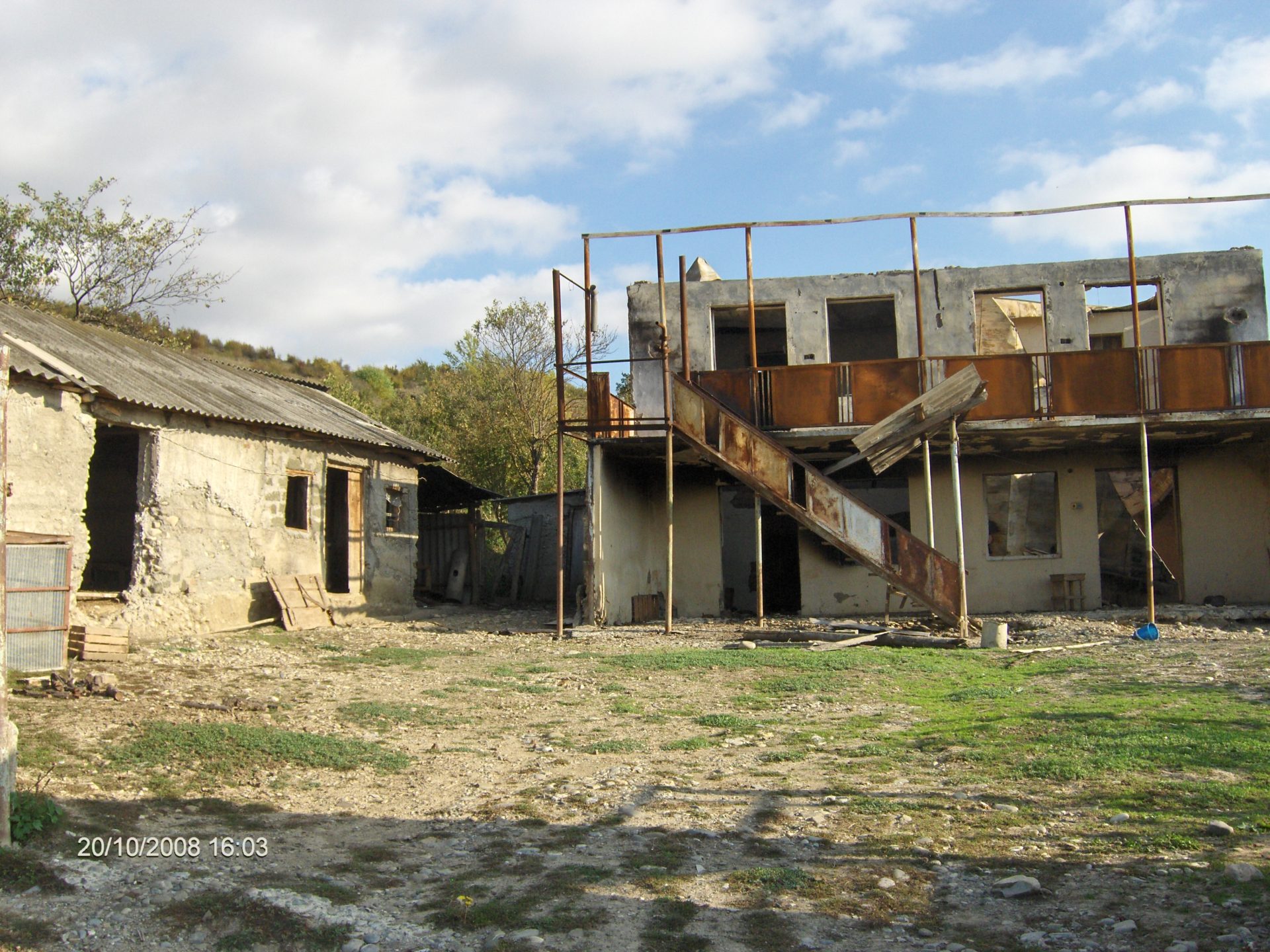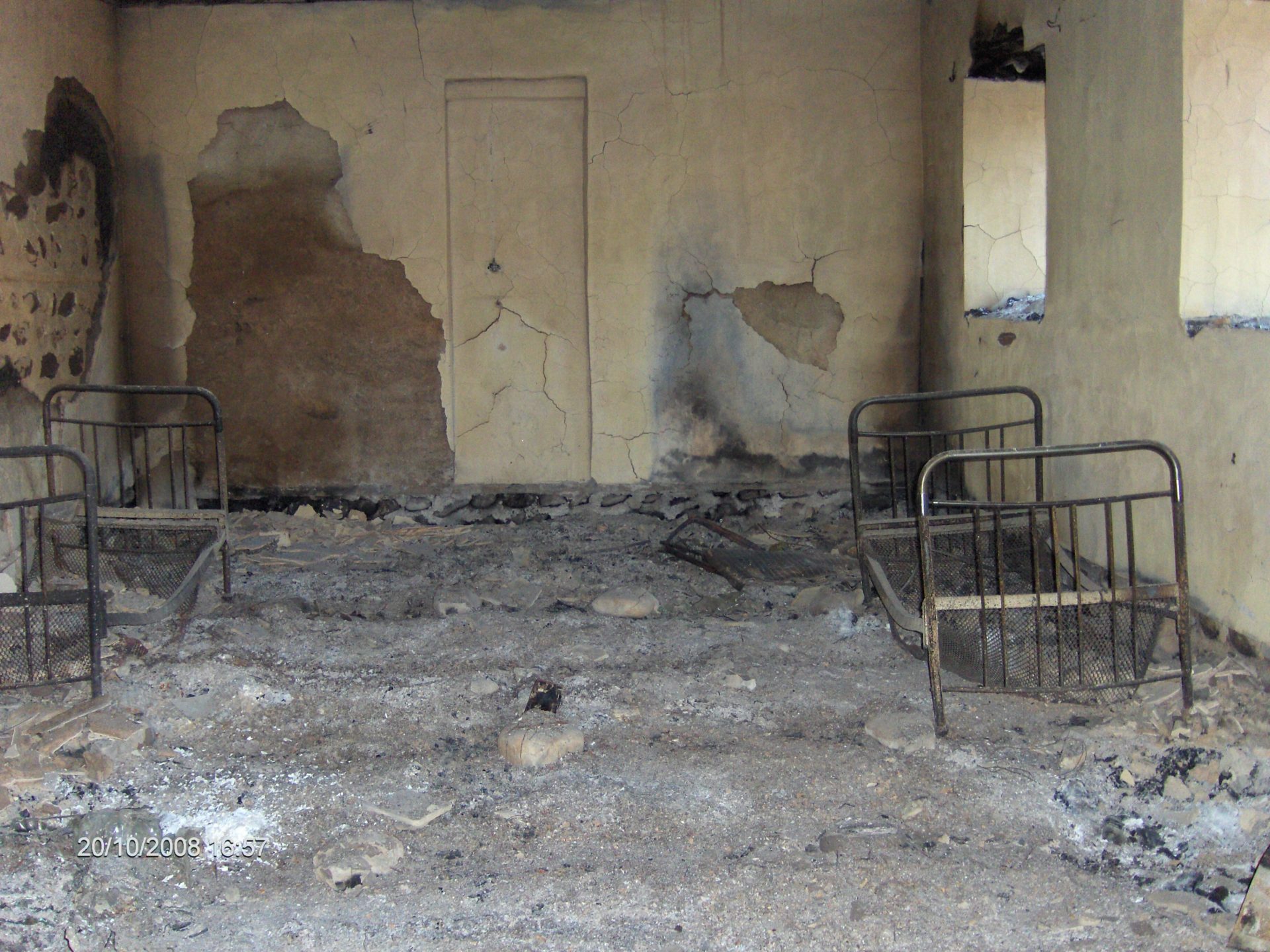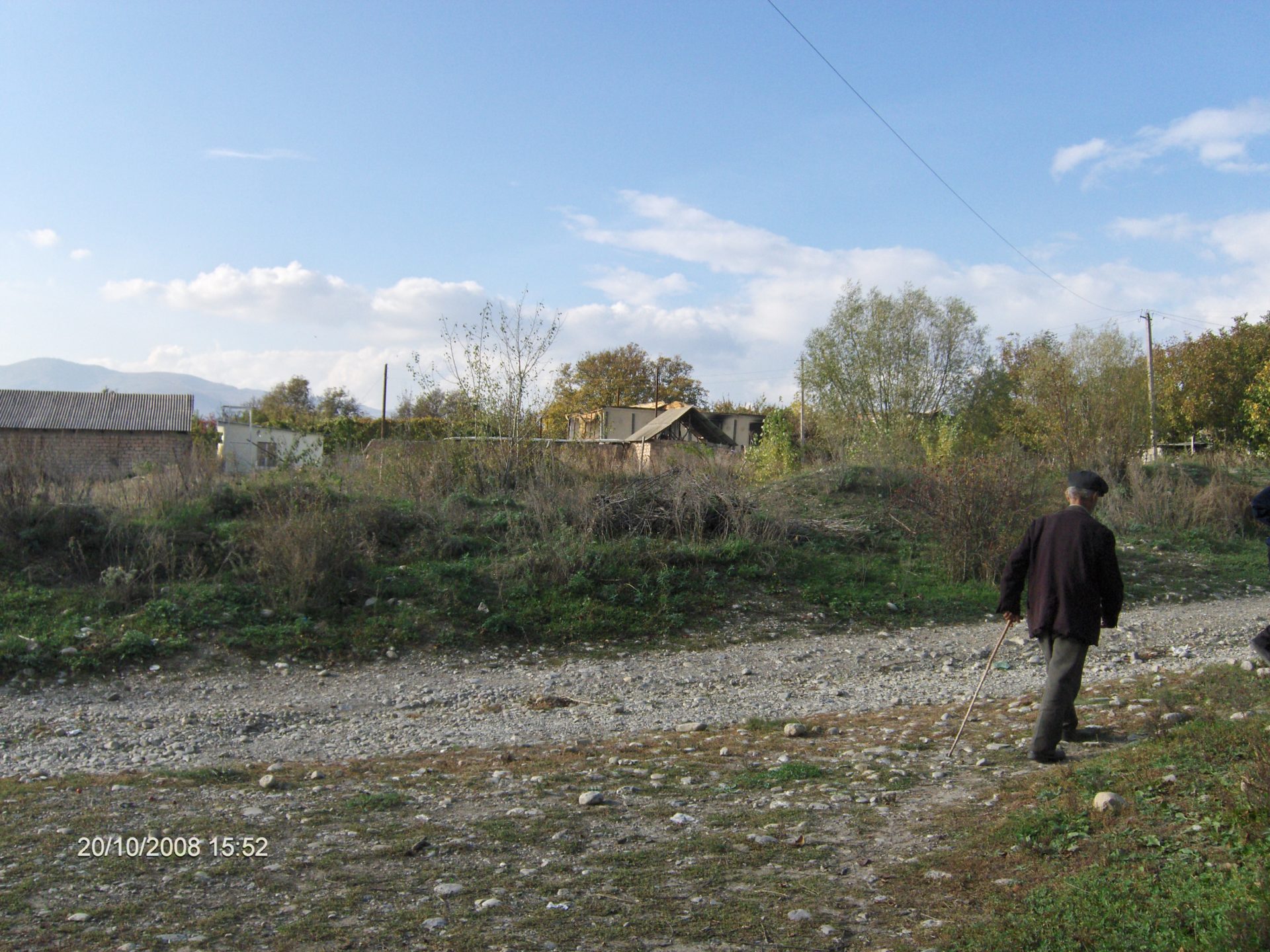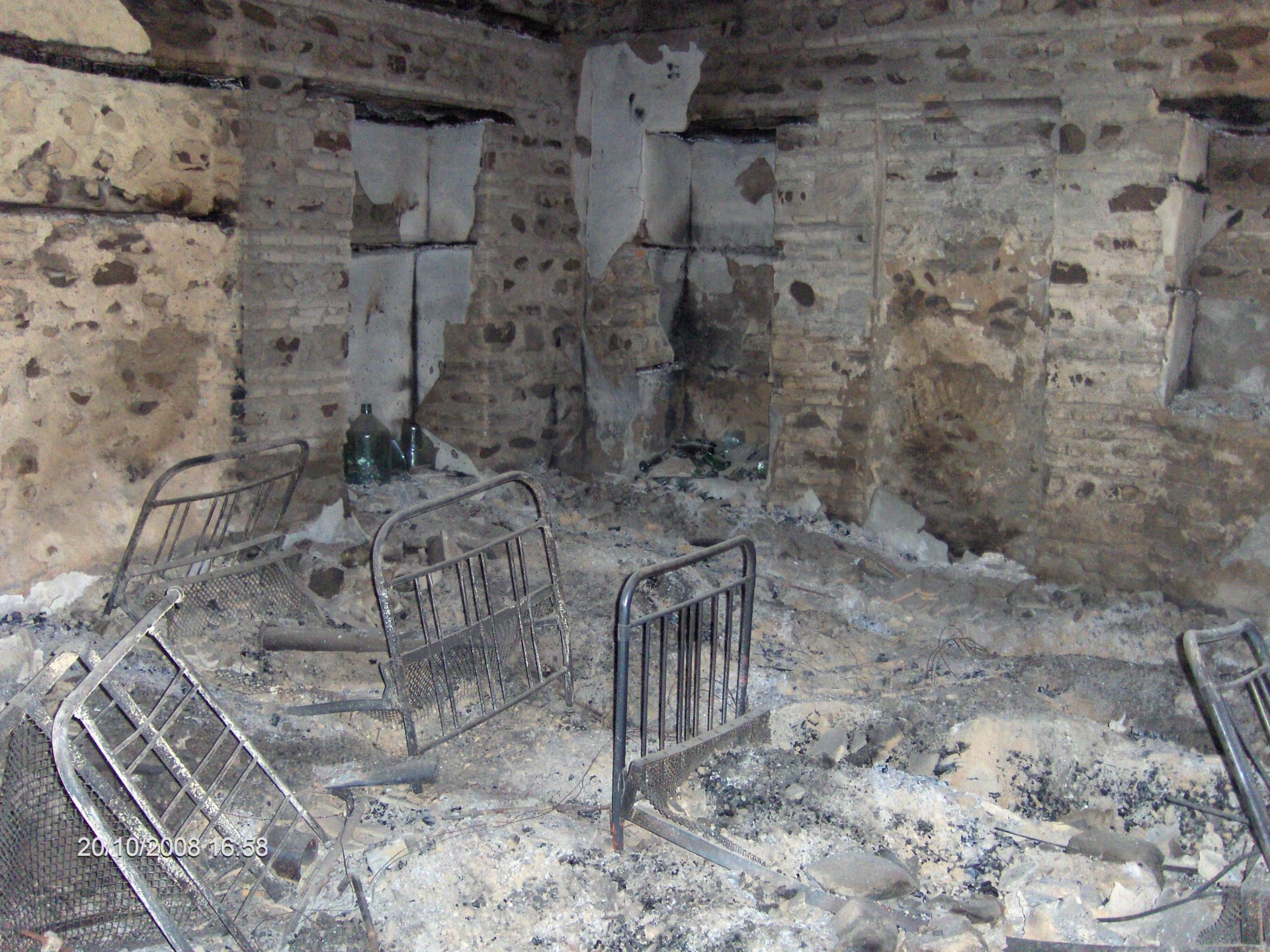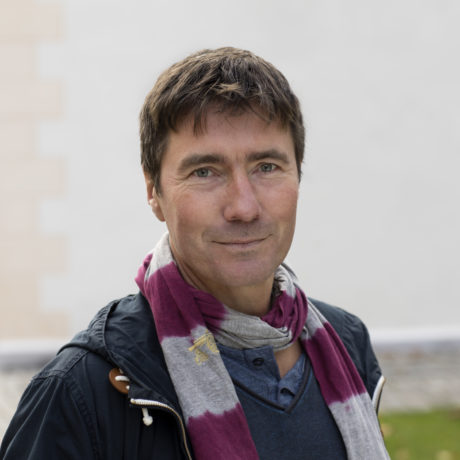Ten years ago, in 2008, while most Europeans were watching the Olympic games in Beijing, the tense situation in Georgia escalated. Sporadic skirmishes at the border of South Ossetia, quickly turned into war when Georgian forces attacked the self-proclaimed republic. Russia reacted remarkably quickly and in a matter of hours sent troops to Georgia to support the Ossetians.
In a few days, Russian troops were deep inside Georgia, threatening to attack the capital of Tbilisi. A ceasefire agreement entered into force on the 12th of August. Although the war lasted for only five days, the crimes that accompanied it had a long-lasting effect.
Following the ceasefire, major ethnic cleansing took place in areas that were under Russian control. As late as October 20th, I visited smoldering houses in a village where robbery and arson still was taking place. Only a few elderly persons were left; the rest of the Georgian population was displaced. Approximately 25,000 ethnic Georgians from South Ossetia became internally displaced and are unable to return.
The crimes continue today.
During the autumn of 2008, the Norwegian Helsinki Committee documented war crimes together with Georgian, Austrian and Russian colleagues. We visited the areas affected by the war and interviewed between 60 and 70 witnesses and victims of crimes such as extrajudicial executions, deprivation of liberty, torture, rape and robbery.
Our material suggested that there were systematic and targeted attacks on the civilian population, probably with the purpose of changing the ethnic composition in South Ossetia. Throughout the first, military phase of the war, both parties appeared to be responsible for war crimes, in the form of indiscriminate attacks that resulted in many civilian casualties. Although Georgian authorities consider South Ossetia as part of Georgia, as do most of the international community, they can not commit war crimes in the attempt to restore constitutional order in the self-proclaimed republic.
In the second phase of the war, attacks on the ethnic Georgian civilian population occurred in the areas under Russian control. The persecution of the ethnic Georgian population was widespread, grave and systematic and may constitute a crime against humanity as defined by the Rome Statute. Today Russia continues to occupy a significant part of Georgia in violation of international law
The aim of our documentation project, was to achieve justice for the many victims, with special emphasis on crimes committed by political and military leaders, as they bear the main responsibility for the crimes. While our Georgian colleagues assisted victims who wanted to apply to the European Court of Human Rights, we sent our material to the International Criminal Court in The Hague (ICC).
Our material suggested that there were systematic and targeted attacks on the civilian population, probably with the purpose of changing the ethnic composition in South Ossetia.
Aage Borchgrevink
In the years that followed the collapse of the Soviet Union, the Caucasus region has been plagued by armed conflicts. In Georgia alone, four armed conflicts have taken place, while across the border in Russia, two extremely brutal wars took place in Chechnya. In addition, the conflict between Armenia and Azerbaijan over Nagorno-Karabakh is still unresolved. Hundreds of thousands have been killed in these wars, which have one thing in common: Impunity for crimes.
Impunity has been a driving force in these conflicts. Leaders who can go to war without facing any consequences except political and economic dividends, have a low treshold for initiating conflicts. The Russian occupation of the Crimean Peninsula in 2014 and the ongoing military intervention in Eastern Ukraine are examples of this. The same logic applies to the conflict in Nagorno-Karabakh, where over a hundred soldiers were killed in a few days in 2016.
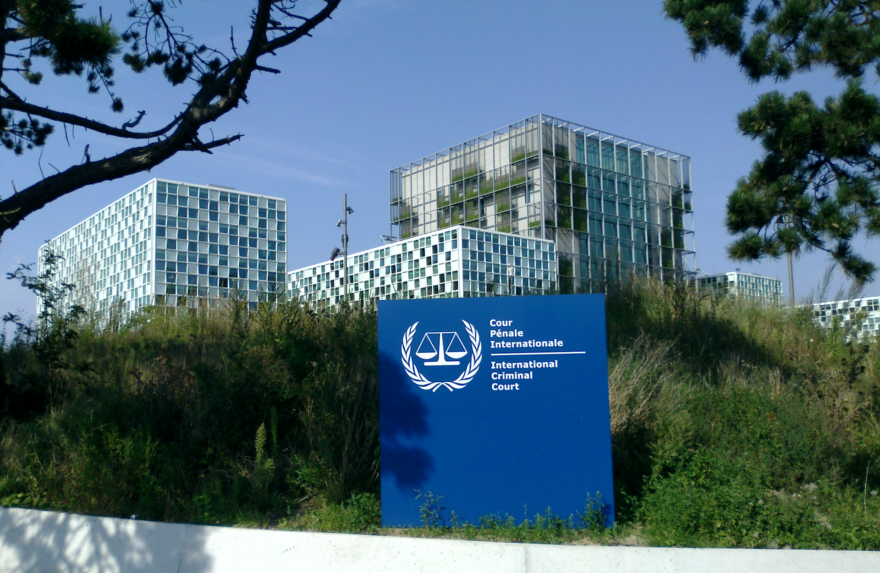
In a number of these conflicts, the same perpetrators, both soldiers and commanders, are involved.
What was special about the war in 2008 was that Georgia had ratified the Rome Statute and was a member of the International Criminal Court in The Hague (ICC). Therefore, if Georgia and Russia were unable or unwilling to investigate into alleged war crimes, the court could claim jurisdiction and open an investigation.
The opening of an international criminal justice investigation in Georgia could be a gamechanger not only in Georgia, but in the whole region. The reign of impunity could be challenged, making it less desirable for leaders to start new wars.
In the years after the war we tried to gauge whether the parties were investigating. While Russia was quite clear that they did not want to investigate alleged crimes outside their own territory, based on the notion that South Ossetia was a sovereign state, Georgia claimed that they were investigating crimes. However, by interviewing more than a hundred of witnesses and victims, as well as checking whether Georgian authorities had visited the crime scenes, we could document that little was happening in the investigation after 2008.
It appeared that both parties had an interest not to investigate, possibly because both parties had leaders who could be responsible for crimes. We documented our findings in four reports that we sent to the ICC. When President Mikheil Saakashvili lost power in 2012, we had several meetings with Georgian justice authorities and urged them to request the ICC to open an investigation. In the end, the new authorities answered that they did not believe the court would be able to hold Russia responsible and wanted no unbalanced investigation where only Georgians were charged.
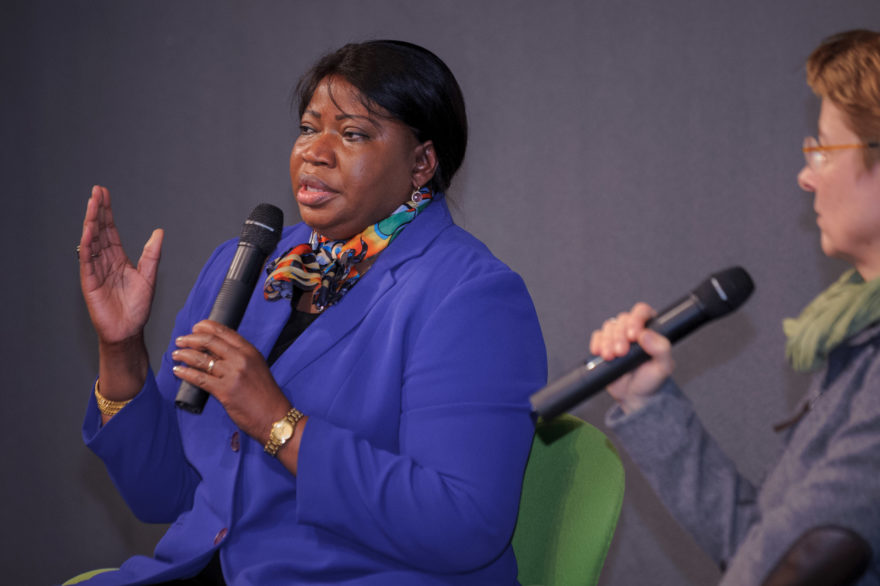
In 2016, ICC’s Gambian chief prosecutor Fatou Bensouda, on her own initiative, opened an investigation into alleged crimes committed during the war in 2008, to strong objections from Russia. The decision was a milestone in international criminal justice. It was the first time the ICC came to Europe and it was the court’s first case outside of Africa. Although the investigation is still at an early stage, the hope that justice will prevail, still lives.
What distinguishes the war in Georgia from all other armed conflicts in the former Soviet Union is that an international court can confront the fundamental issue of impunity. Therefore, this investigation is strategically important. It may potentially change the rules of the game in a criminalized region and prevent new armed conflicts breaking out, not only in Georgia, but throughout the former Soviet Union and along the Russian border.
Our message is that all states concerned with human rights and stability support the Court in this endeavour. Investigating Russian leaders’ responsibility for crimes in will be a daunting task on many levels. Russia has previously shown little will to cooperate with justice authorities of other states. Whistle-blowers and witnesses in cases involving Russian leaders have been killed in Russia and abroad.
It may seem ironic that Russia’s then Prime Minister Vladimir Putin, who, according to the media, personally led the Russian attack on Georgia, should be accused of crimes in South Ossetia and not for the bloodbath in Chechnya. On the other hand, the notorious American gangster Al Capone was convicted of tax fraud, in the end, and not for the killings he most certainly ordered.
Read more
Country
Georgia
The beautiful country characterized by a number of brutal wars and uplifting democratic progresses, is located at the border between Asia and Europe.
Topic
Documentation and Accountability
We document human rights violations so that the guilty can be punished.
